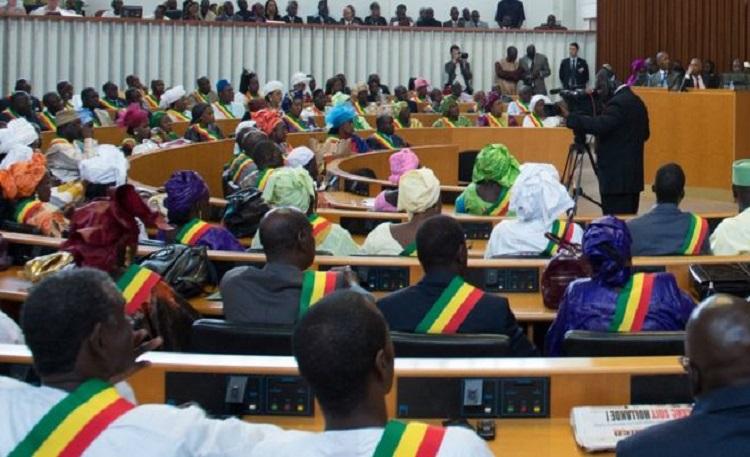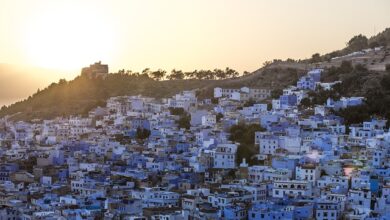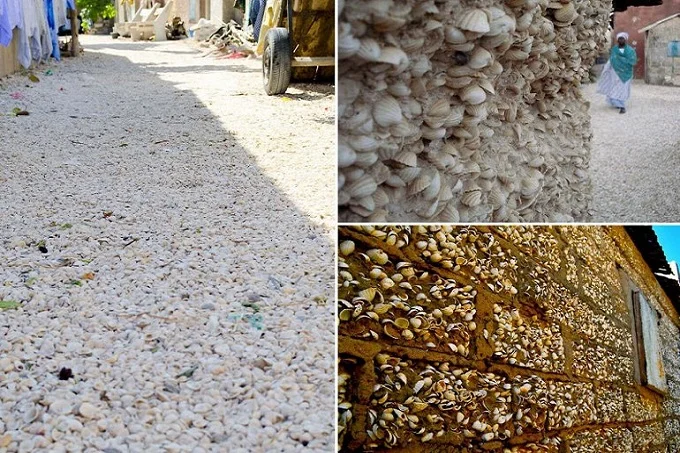Senegal abolishes the post of prime minister

Senegal approved on Saturday a revision of the constitution that abolishes the post of prime minister.
Senegalese president Macky Sall reappointed his retiring Prime Minister Mohammed Boun Abdallah Dionne as Prime Minister last month. He immediately instructed him to prepare the abolition of the post of Prime Minister in order to speed up the reforms during his second term in office.
Dionne was also appointed Secretary-General of the Republic, according to a decision by Sall’s statements on television. Dionne explained that the reform of the institutions with which he is responsible, “will be done through the abolition of the Prime Minister’s intermediary”. When that happens, “the second function entrusted to me is given the upper hand,” the head of government explained from the presidential palace.
Today, in an almost complete hemisphere and after an, sometimes agitated, nine-hour marathon session, 124 delegates voted in favor and only seven against with seven abstentions. “The Assembly has adopted the draft reform of the Constitution,” said Moustapha Niasse, President of Parliament.
“The intention is not to increase the power of the president,” Malick Sall, Minister of Justice
In addition to abolishing the post of Prime Minister, it was also decided that the President could no longer dissolve the National Assembly. He, in turn, can no longer submit a motion of censure to overthrow the government.
The main opposition parties opposed the constitutional reform. In response to the criticism, Justice Minister Malick Sall stated that the reform is not of a “political” in nature but merely serves a “technical and administrative” purpose. “The intention is not to increase the power of the president,” he assured.
Stable democracy
President Macky Sall has been in power since 2012 and was re-elected at the end of February. He undertook to implement the promised economic reforms more quickly. The West African country had to do without a prime minister twice in the past, in the 1960s under the presidency of Leopold Sedar Senghor and in the early 1980s under Abdou Diouf.
The former French colony today has about 16 million inhabitants and is considered a stable democracy. According to a UN index, predominantly Muslim Senegal is one of the 30 poorest countries in the world.




